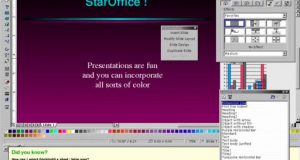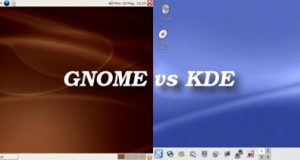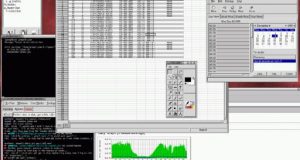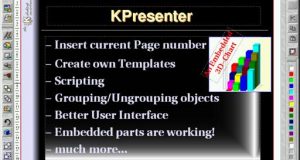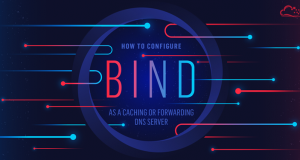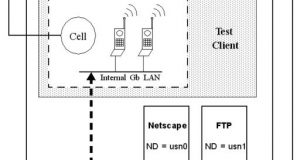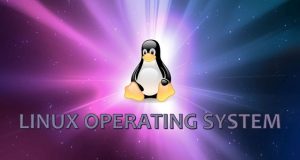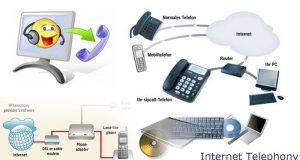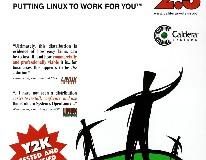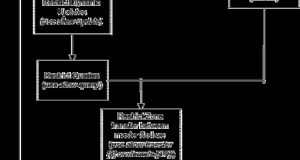Jason Kroll Issue #70, February 2000 Office suites are the mainstay application for any OS; Linux has two competing for your business. We humans love glowing boxes. Monitors, TV sets, suns, moons, lanterns, candles—it all goes back thousands of years, when we sat around in tribes staring into the fire. Computers? As long as we’re comfortable while staring into the ...
Read More »All Articles
Differences between GNOME and KDE Environment
Michael J. Hammel Issue #70, February 2000 The first in a series by our favorite artist to take a look at the most commonly used window managers. A few years ago, I did a four-part series on the GIMP for Linux Journal. Those articles served as the basis for my book, The Artists’ Guide to the GIMP, which was published ...
Read More »GNOME – open-source software
George Lebl Elliot Lee Miguel de Icaza Issue #70, February 2000 The GNOME team bring us up-to-date on the progress of this popular desktop environment. The GNOME Project is aimed at making UNIX attractive and easy to use. To help achieve the goals of the GNU project, we want to make sure that users are presented with a full suite ...
Read More »KDE—K Desktop Environment
Kalle Dalheimer Issue #70, February 2000 Ready to jazz up your KDE desktop—get KDE 2.0. The KDE team is working full steam on the next release of the K Desktop Environment which is planned for spring 2000, so it is time to look at what the new version will have in store. When you first install one of the beta ...
Read More »BIND Version 8 Features
Eddie Harari Issue #69, January 2000 Wondering about the latest version of BIND? Wonder no more. Mr. Harari is back this month to tell us all about it. Many new features have been compiled into the new version of BIND (Berkeley Internet name daemon), including security bug fixes and several major changes that give the network administrator the needed tools ...
Read More »Advanced Packet Data Testing with Linux
Wesley Erhart Joseph Bell Marc Hammons Mark Mains Issue #69, January 2000 At Nortel Networks, we have developed a Linux-based system for testing a second-generation packet radio service. During system development we explored the details of packet radio, the IP internals of the Linux operating system and device-driver development. What is your 56K modem doing while you ponder the sophisticated ...
Read More »Linux is the dominant operating system
Guest Editorial: World Domination Eric Raymond Issue #69, January 2000 Eric takes a serious look at what the world will be like when Linux is the dominant operating system—or is he just kidding? World domination. It’s a powerful and faintly sinister phrase, one you might imagine some B-movie mad scientist muttering as he puts the ...
Read More »Voice-Over IP for Linux
Greg Herlein Issue #69, January 2000 Call your friends and family from your computer—a look at the future or the present? With Linux, the future is now. The OpenPhone Project (http://www.openphone.org/) has a simple goal—to phone-enable every computer on the planet. If a computer can browse the Web and play audio from Internet radio stations, it should be able to ...
Read More »1999 Editors’ Choice Awards
Jason Kroll Marjorie Richardson Doc Searls Peter Salus Issue #68, December 1999 Once again, it is time to present our annual awards to those we feel deserve recognition for their contributions to forwarding the Linux cause in the real world. Welcome to the 1999 Editors’ Choice Awards, brought to you by the same cool cats who ...
Read More »Securing Name Servers on UNIX
Nalneesh Gaur Issue #68, December 1999 Because the DNS plays such a vital role in the Internet, it is important that this service be protected and secured. The Domain Name System (DNS) is essential to the functioning of the Internet. The DNS organizes the Internet into distributed hierarchical domains. This hierarchical domain structure provides ease of administration and scalability. It ...
Read More » Linux, Linux OS, Free Linux Operating System, Linux India Linux, Linux OS,Free Linux Operating System,Linux India supports Linux users in India, Free Software on Linux OS, Linux India helps to growth Linux OS in India
Linux, Linux OS, Free Linux Operating System, Linux India Linux, Linux OS,Free Linux Operating System,Linux India supports Linux users in India, Free Software on Linux OS, Linux India helps to growth Linux OS in India
